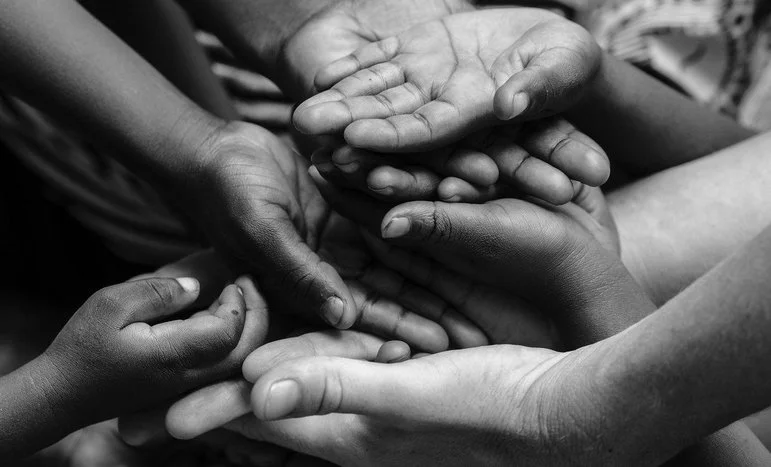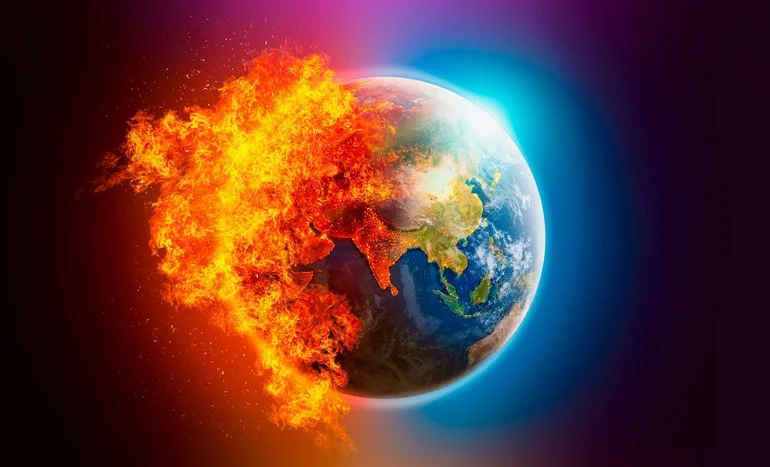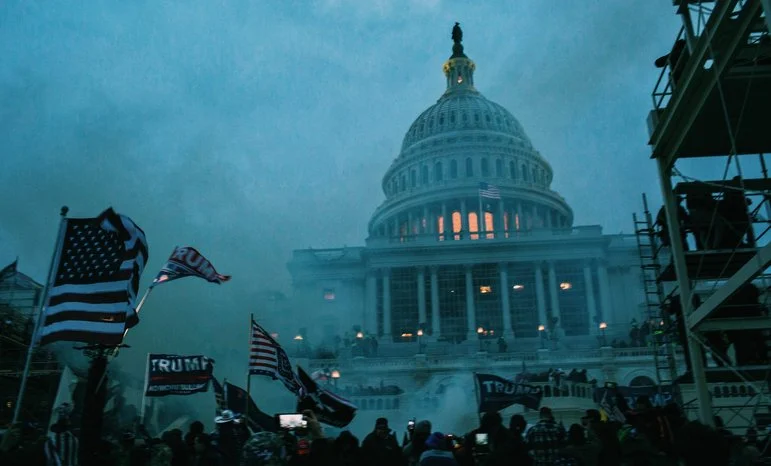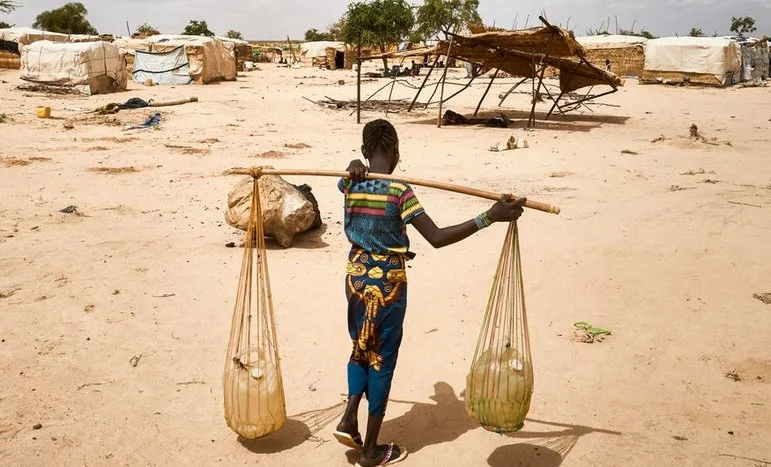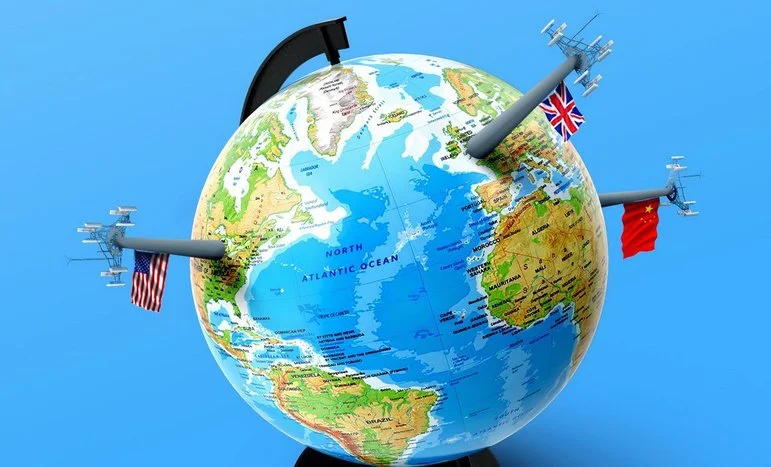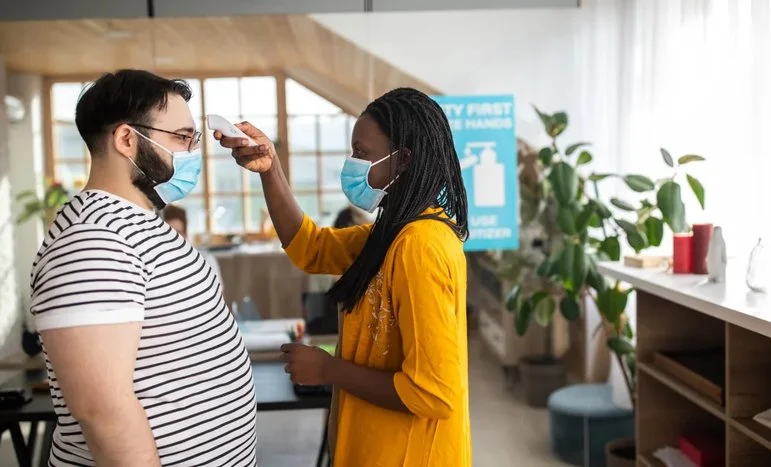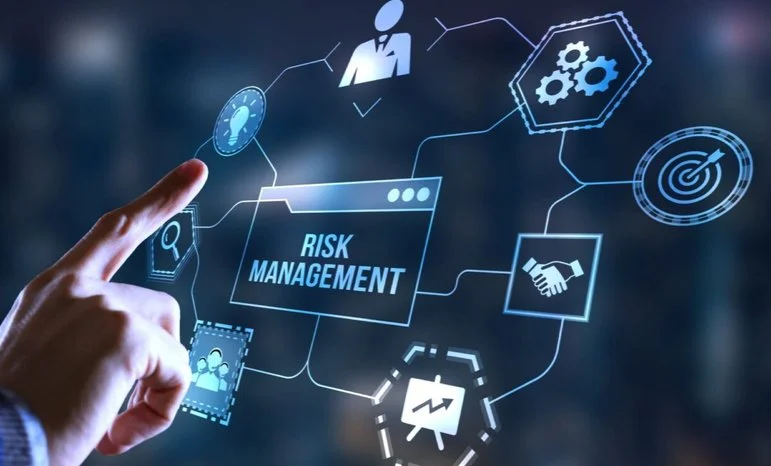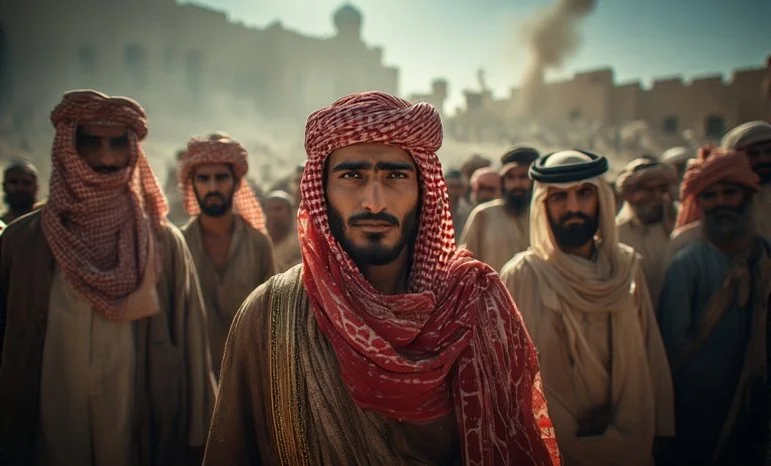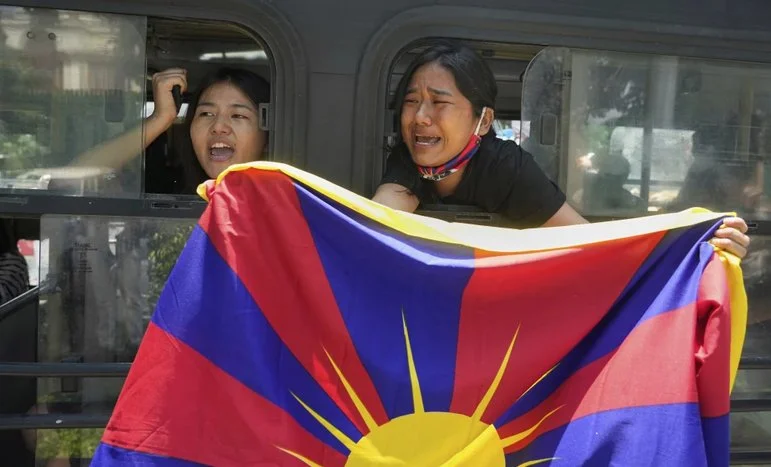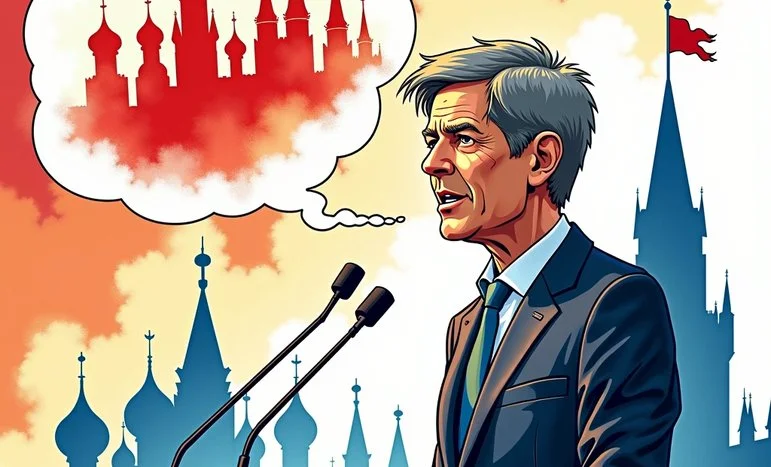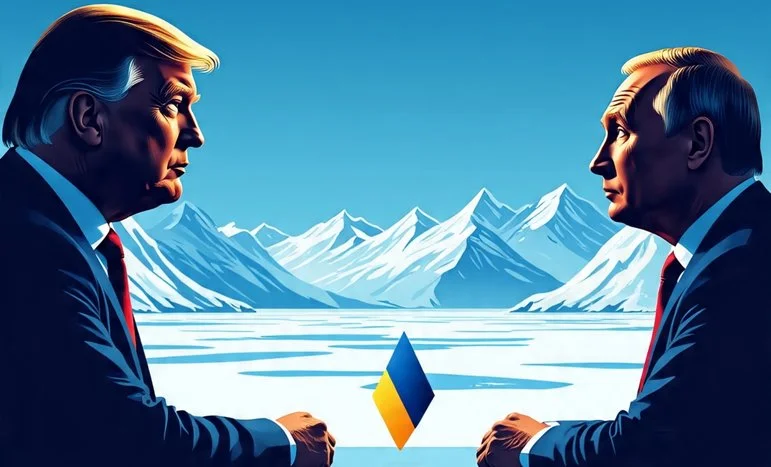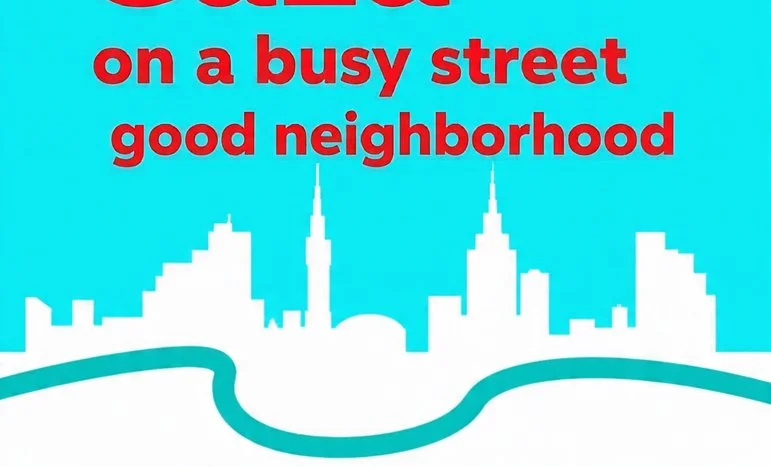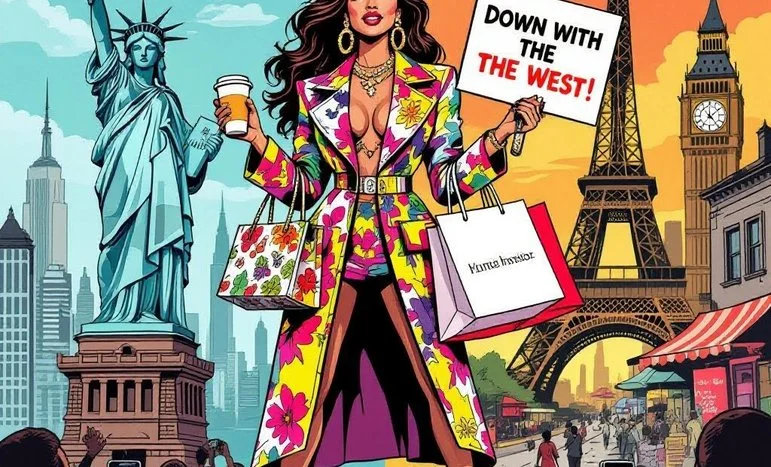“Poverty is not just a lack of income — it is a lack of dignity, opportunity, and voice.”
Despite technological advancement, rising global GDP, and expanding markets, a stark truth remains: billions still live in poverty, and wealth continues to concentrate in the hands of the few. The result is a world deeply divided—not just by income, but by opportunity, voice, and justice.
A Tale of Two Worlds
While a small percentage of people enjoy immense wealth and luxury, many others struggle without access to clean water, basic healthcare, or formal education. The global economy may appear to be growing, but so too is the inequality within and between countries.
- Extreme poverty still affects over 600 million people, especially in Sub-Saharan Africa and parts of South Asia.
- Income inequality is surging, with the richest 1% owning nearly half of the world’s wealth.
- Social mobility is declining as education, jobs, and healthcare become harder to access for the underprivileged.
- Gender, racial, and caste disparities further deepen the divide in many societies.
This inequality isn’t just about numbers. It translates to lives limited by hunger, disease, discrimination, and lost potential.
Inequality Breeds Instability
The consequences of poverty and inequality ripple far beyond the individuals they affect:
- Social unrest and protests erupt where people feel excluded and unheard.
- Crime and violence escalate when communities are trapped in desperation.
- Political polarization grows as systems appear rigged in favor of elites.
- Global migration increases as people flee poverty-stricken regions seeking hope elsewhere.
Injustice isn’t sustainable. When millions are left behind, progress becomes a mirage.
Opportunity Hoarding and Systemic Barriers
One of the less-discussed dimensions of inequality is opportunity hoarding—when access to quality education, jobs, housing, and even justice is guarded by a small, privileged class. The barriers may be legal, economic, or cultural, but their effect is the same: they deny fair chances to entire communities.
In many democracies, political representation skews heavily toward the wealthy and connected. This results in policies that serve the powerful, while the poor remain underrepresented and underserved.
Breaking the Cycle
Solving inequality is not about punishing the rich—it’s about lifting everyone. It demands intentional, systemic reforms:
- Progressive taxation to ensure fair contributions from the ultra-wealthy.
- Universal access to quality education and healthcare, regardless of income.
- Empowerment of marginalized groups through legal rights and representation.
- Investment in rural and underserved areas to create inclusive growth.
- Social safety nets that protect against economic shocks and health crises.
Technology and innovation must serve as tools of empowerment, not deepening exclusion.
A Moral and Strategic Imperative
Eliminating poverty and reducing inequality is not just a humanitarian goal—it is an economic, political, and security imperative. A more equal world is a more stable, productive, and peaceful one.
We cannot build a better future while leaving billions behind.
Justice cannot wait. Equality cannot be postponed. And progress must belong to all—not just a few.
“The true measure of any society is how it treats its most vulnerable members.”
